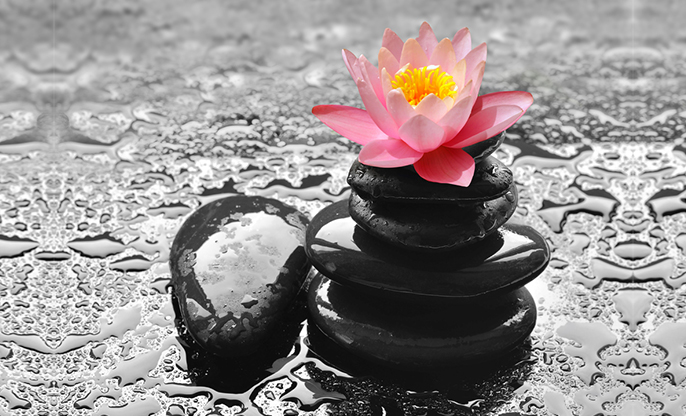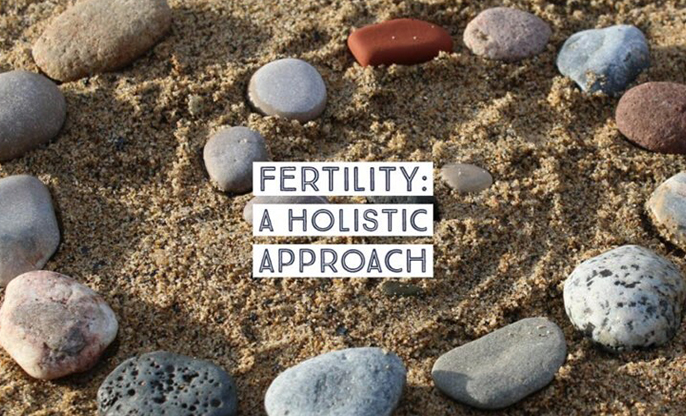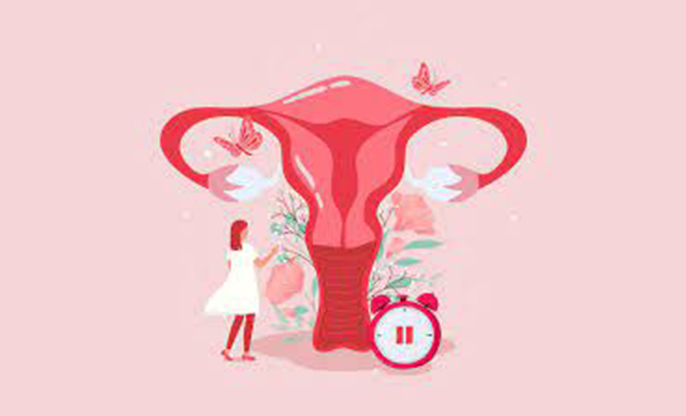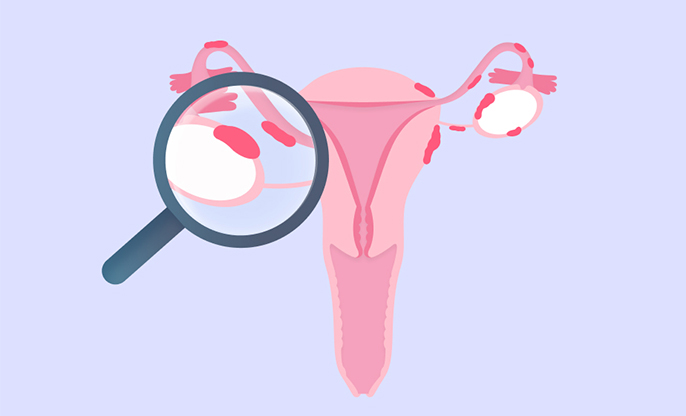
Creating a nurturing home environment is not only essential for overall well-being but also plays a significant role in optimizing fertility. From minimizing exposure to toxins to fostering emotional well-being, every aspect of your home can impact your reproductive health. Here are some tips for cultivating a fertility-focused home environment;
Eliminate Toxins: Start by identifying and
eliminating potential sources of toxins in your home. This includes products
containing harmful chemicals such as phthalates, parabens, and volatile organic
compounds (VOCs). Opt for natural, eco-friendly cleaning products, personal
care items, and household goods to reduce exposure to toxins that can disrupt hormonal
balance and impair fertility.
Enhance Air Quality: Poor indoor air quality
can affect reproductive health, so take steps to improve ventilation and air
purification in your home. Open windows regularly to allow fresh air
circulation, invest in air purifiers with HEPA filters to remove pollutants,
and avoid smoking or exposure to second-hand smoke, which can harm fertility.
Create a Relaxing Space: Stress can negatively
impact fertility, so create a serene and calming environment in your home.
Designate a peaceful corner for relaxation and mindfulness practices such as
meditation, yoga, or deep breathing exercises. Surround yourself with soothing colours,
soft lighting, and comfortable furnishings to promote relaxation and reduce
stress levels.
Prioritize Sleep: Quality sleep is
essential for reproductive health, so prioritize creating a sleep-friendly
environment in your home. Invest in a comfortable mattress and pillows, block
out excess light and noise, and maintain a consistent sleep schedule to support
hormonal balance and optimize fertility.
Nurture Emotional Well-Being: Emotional well-being is
closely linked to fertility, so foster a supportive and nurturing atmosphere in
your home. Surround yourself with positive influences, cultivate meaningful
relationships, and engage in activities that bring you joy and fulfilment.
Practice open communication with your partner and seek support from loved ones
or professional counsellors if needed.
Embrace Nature: Incorporate elements of
nature into your home environment to promote fertility and overall well-being.
Bring in houseplants to purify the air and add a touch of greenery, display
fresh flowers to uplift your mood, and create outdoor living spaces for relaxation
and connection with nature.
Foster Connection: Strengthen your bond
with your partner and create a supportive environment for fertility by
prioritizing quality time together. Share meals, engage in shared interests and
hobbies, and communicate openly about your hopes, fears, and aspirations for
starting a family.
By creating a fertility-focused home environment that prioritizes health, relaxation, and emotional well-being, you can support your journey towards conception and lay the foundation for a healthy and thriving family life.















































